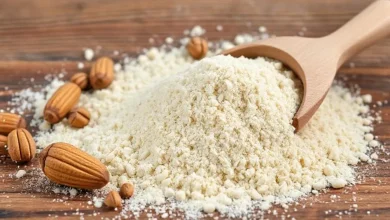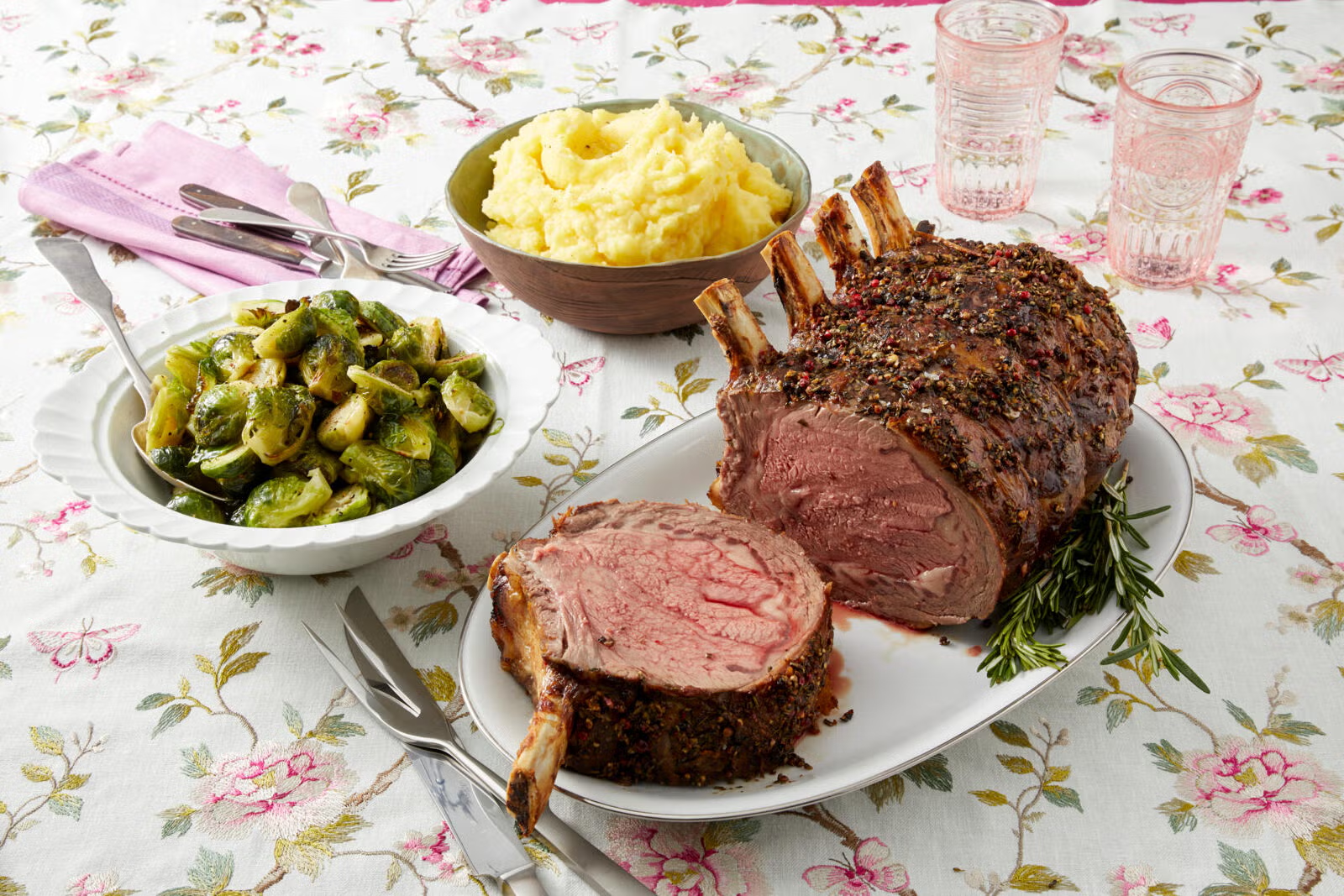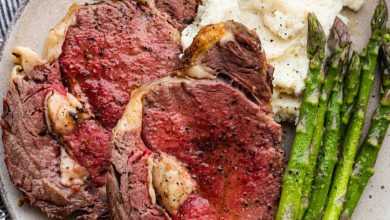Table of Contents
ToggleAverage Rating
No rating yet
Ramen Noodles (Any Flavor) – Dry Preparation
When savoring a warm bowl of ramen, the nutritional profile and ingredients are key to understanding its balance of flavors and energy. Here’s a breakdown of what each serving of dry ramen noodles provides:
Related Articles
Nutritional Information (Per Serving)
| Nutrient | Amount per Serving |
|---|---|
| Energy (kcal) | 440.0 kcal |
| Protein (g) | 10.17 g |
| Total Fat (g) | 17.59 g |
| Saturated Fats (g) | 8.12 g |
| Carbohydrates (g) | 60.26 g |
| Dietary Fiber (g) | 2.9 g |
| Sugars (g) | 1.98 g |
| Calcium (mg) | 21 mg |
| Iron (mg) | 4.11 mg |
| Magnesium (mg) | 25 mg |
| Phosphorus (mg) | 115 mg |
| Potassium (mg) | 181 mg |
| Sodium (mg) | 1855 mg |
| Zinc (mg) | 0.6 mg |
| Copper (µg) | 126 µg |
| Manganese (mg) | 0.63 mg |
| Selenium (µg) | 23.1 µg |
| Vitamin C (mg) | 0.3 mg |
| Thiamin (B1) (mg) | 0.448 mg |
| Riboflavin (B2) (mg) | 0.255 mg |
| Niacin (B3) (mg) | 5.40 mg |
| Vitamin B6 (mg) | 0.038 mg |
| Folate (B9) (µg) | 45 µg |
| Vitamin B12 (µg) | 0.25 µg |
| Vitamin A (µg) | 1 µg |
| Vitamin E (mg) | 2.44 mg |
| Vitamin D2 (µg) | 0 µg |
Allergen Information
Ramen noodles may contain common allergens such as wheat and soy, and some brands may include traces of egg. Always check packaging for specific allergen warnings if you have dietary restrictions.
Dietary Preferences
- Vegetarian: Often suitable, though some flavors may include animal-based ingredients.
- Vegan: Some varieties may be vegan, but it’s recommended to confirm by checking the ingredient list.
- Halal & Kosher: Depends on brand and flavor; verify with packaging or manufacturer for specific certifications.
Additional Notes
While ramen noodles offer convenience and taste, they also contain significant levels of sodium. For a balanced meal, consider adding vegetables, lean protein, or using lower-sodium broths.










